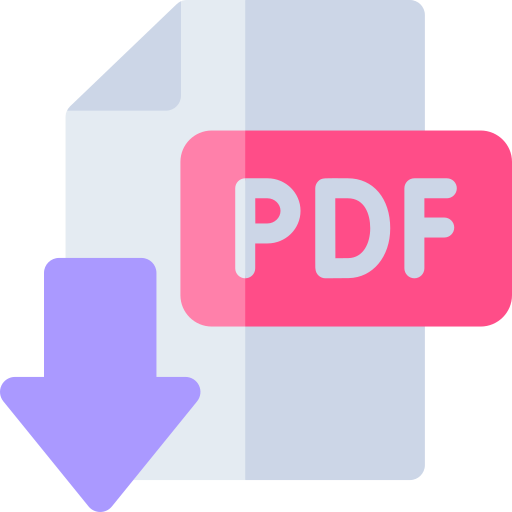Object of the Bill
The object of this Bill is to amend the Trial on Indictments Decree, 1971 (Decree No. 26 of 1971)—
(a) to streamline the provisions of section 14A relating to bail;
(b) to make provision for enabling the prosecution particularly in fraud cases of forgery, etc to obtain relevant documents in the custody of a bank needed for prosecution of a particular offence.
Bill Document
Other Attachments
THE TRIAL ON INDICTMENTS (AMENDMENT) BILL, 1997
Sponsored By Hon. Bart Katureebe (Minister of Justice and Constitutional Affairs)
Committee: The Committee on Legal and Parliamentary Affairs
Start
First Reading/Committee
The bill is still at First Reading, and the first stage of a bill is a passage through the floor of parliament. This stage is usually a formality, primarily focusing on introducing the Bill to the Parliament. It takes place without debate, and the first reading of a Bill can occur anytime in a parliamentary session. The significance of this stage lies in the fact that it marks the formal introduction of the Bill to the Parliament, setting the stage for further discussions and debates.
Second Reading
The Bill has now progressed to the Second Reading, a stage that offers the first opportunity for MPs to engage in a democratic debate on the main principles of the Bill. This stage, which usually takes up to 45 days after the first reading, allows for thorough discussion and ensures that all voices are heard. Once the second reading is complete, the Bill moves to the committee stage, where each clause and any amendments to the Bill may be debated, further highlighting the democratic nature of the process.
Third Reading
Parliament has passed the Bill. The third reading is the final chance for the Members of Parliament to debate its contents. Here, the debate is usually short and limited to what is actually in the Bill rather than, as at the second reading, what might have been included.
Presentation/Waiting Assent
Assented by President
End
Bill passed on 01/01/1970
Bill Withdrawn on 01/01/1970
